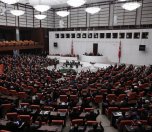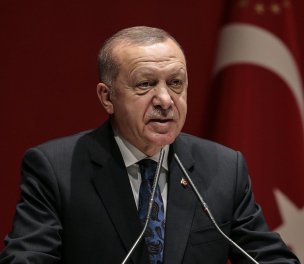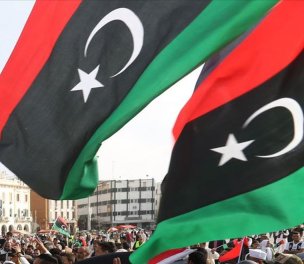Click to read the article in Turkish
Turkey's presidency yesterday (December 30) submitted a motion to the Parliament Speaker's Office on sending troops to Libya. Parliament is set to debate the motion on Thursday.
The ruling Justice and Development Party (AKP) and its ally Nationalist Movement Party (MHP) announced they would back the motion, while the main opposition Republican People's Party (CHP), opposition İYİ (Good) Party, and Peoples' Democratic Party (HDP) have come out against it.
Last week, President and Justice and Development Party (AKP) Chair Recep Tayyip Erdoğan said the motion would be submitted to parliament in light of a request by Libya's UN-recognized government for military assistance.
On November 27, Ankara and Libya's UN-recognized Government of National Accord (GNA) signed a pact on military cooperation, as well as a pact on maritime boundaries in the Eastern Mediterranean.
Since the ouster of late leader Muammar Gaddafi in 2011, two seats of power have emerged in Libya: one in eastern Libya supported mainly by Egypt and the United Arab Emirates, and another in Tripoli, which enjoys UN and international recognition.
"The project to exclude Turkey from the Mediterranean has been foiled with the latest steps we have taken," Erdoğan said in his New Year's address to the nation.
"With support to the legitimate Tripoli government, Turkey will ensure implementation of all elements of agreements with Libya," Erdoğan added.
Turkey's presidency on Monday submitted a motion to the Parliament Speaker's Office on sending troops to Libya. The parliament is set to debate the motion on Thursday.
On November 27, Ankara and Libya's UN-recognized Government of National Accord (GNA) signed two separate pacts: one on military cooperation and the other on maritime boundaries of countries in the Eastern Mediterranean.
Libya has remained beset by turmoil since 2011 when a bloody NATO-backed uprising led to the ouster and death of long-serving President Muammar Gaddafi after more than four decades in power.
Since then, Libya's stark political divisions have yielded two rival seats of power, one in Tobruk and another in Tripoli, and a host of heavily-armed militia groups. (DB/VK)




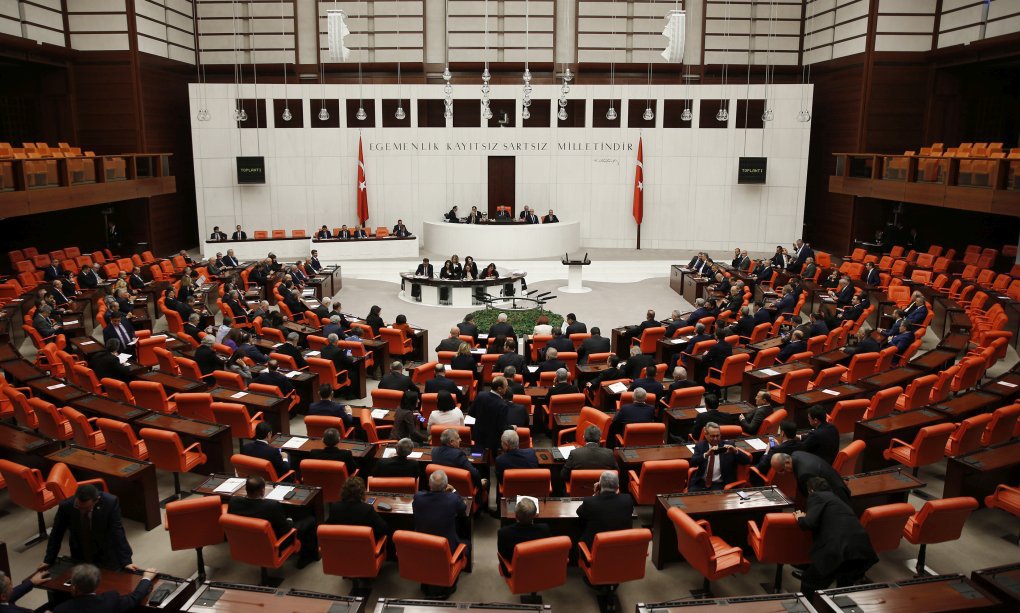


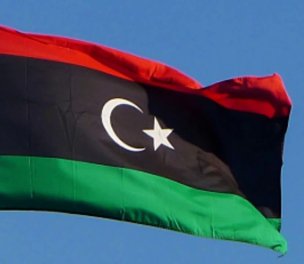
scds.jpg)

